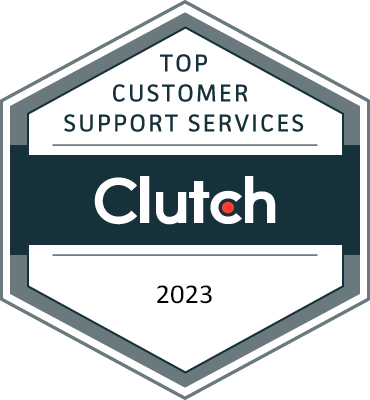With more and more industries shifting to outsourcing, it’s no surprise that medical establishments, big and small, switch to healthcare business process outsourcing. If you’re a medical business owner or manage operations for a healthcare-related company, there are many benefits to outsourcing certain parts of operations.
Here are the benefits of Healthcare Business Process Outsourcing
1. To Focus on Patients
Your patients are the lifeblood of your business, and they deserve all the quality that they can get. Low patient satisfaction compromises the overall experience and can reduce loyalty or trust in your service. People generally prefer to talk with human representatives when inquiring about medical services instead of prolonged waiting through touch-tone options and robots. Outsourcing customer service agents trained in providing quality customer experience serves your patients more efficiently.
2. To Have a Better Workflow
With in-house staff able to concentrate on higher-level tasks at hand, the workflow will be more streamlined. Patients can easily be scheduled, triaged, or even get follow-ups by agents to make sure that they are complying with treatments and scheduled appointments.
3. To Be More Cost-effective
Medical services have high overhead costs; hiring entry-level employees with limited skills and high turnover costs can add up over time. Medical teams save significantly by outsourcing inbound calls and appointment setting, saving as much as $200,000 in annual payroll costs, which is a substantial amount in itself. Run operations in the most cost-effective manner and grow your margins.
4. To Grow and Expand Your Services

Scaling operations without having to lose the quality of services is what every business wants. Hiring talent has become more difficult than ever.
When you’re outsourcing with a company like Pac Biz, your are provided with skilled/experienced agents, training department, quality assurance, 24/7 IT monitoring, and more. This allows companies to scale operations rapidly. Add one or 20 skilled agents as needed.
Medical Businesses That Outsource Customer Service
There are numerous tasks that medical businesses can simply outsource such as:
- Customer Support
- Live Transfers
- Scheduling
- Data Entry
- Survey
- Follow-Ups
- Verification
- Triage
Who Outsources?
- Medical Products & Ecommerce
- Medical Transportation
- Pharmacies
- Doctor Offices
- Dentist Offices
- Medical Testing Centers
- Medical Procedure Facilities
- Hospitals
Pac Biz Outsourcing’s Commitment to Patient Data Privacy
At Pac Biz, our team of agents and quality assurance specialists work to provide the best call answering service, along with chat, email, and social media support, ensuring that patients’ information always remains confidential and they have the best experience with the highest quality assistance. Our healthcare agents have medical backgrounds to ensure quality service.
Clients will be provided a personal account manager for updates on operations. Plus, our Quality Assurance (QA) department manages and maintains agent performance at high standards together with regular call scoring.
To learn more about how outsourcing can help your medical company, be sure to contact us and get started.














